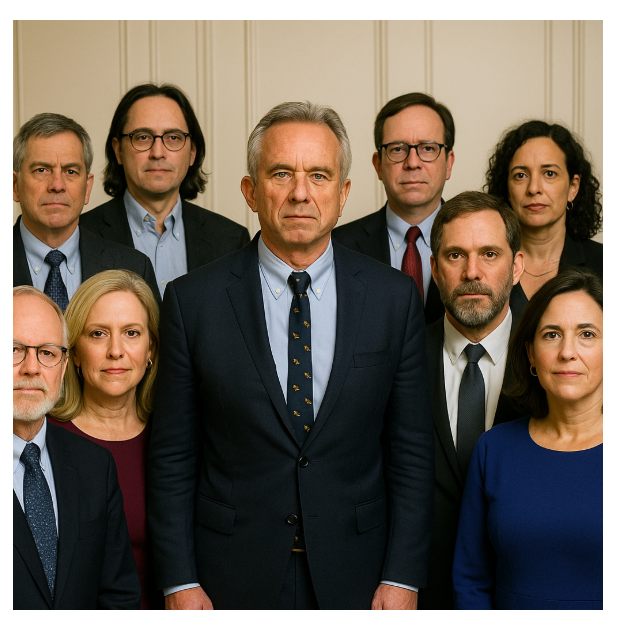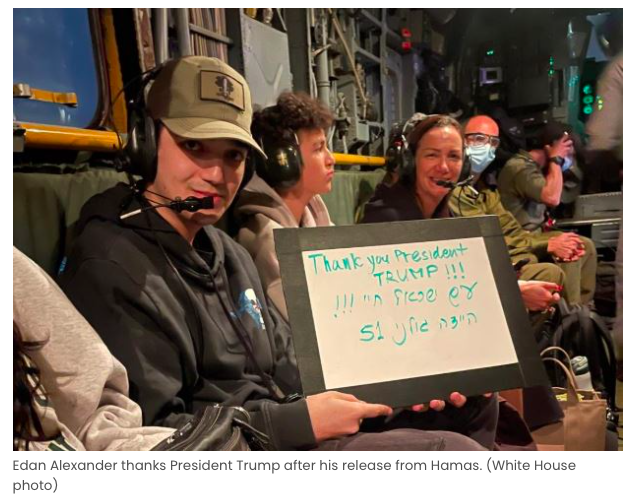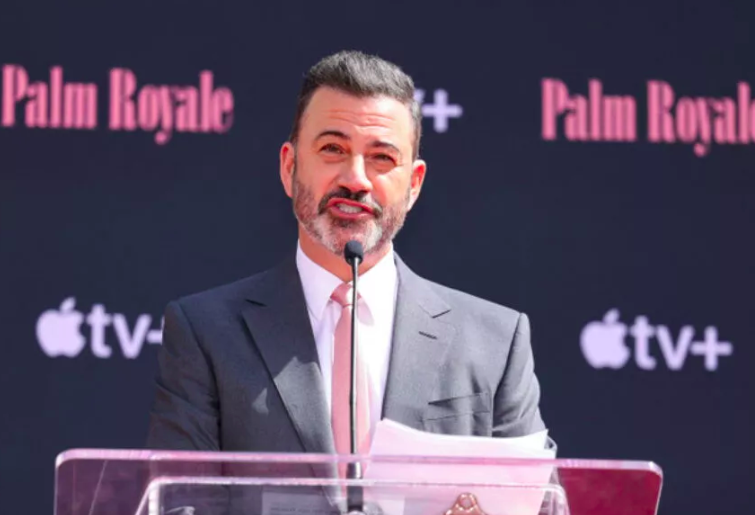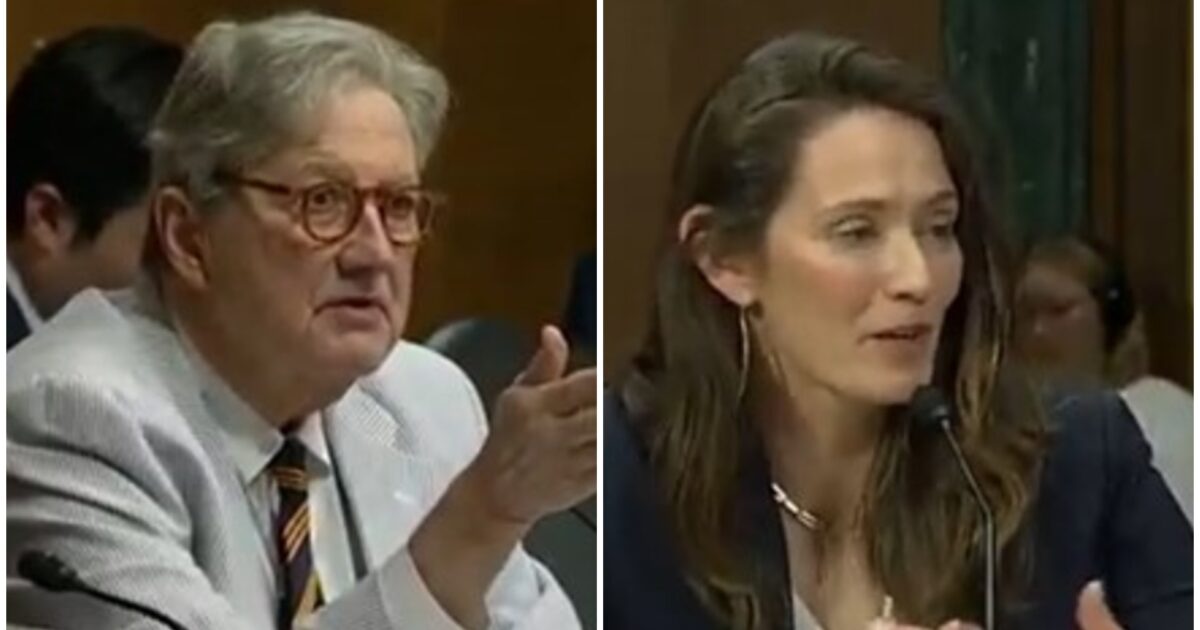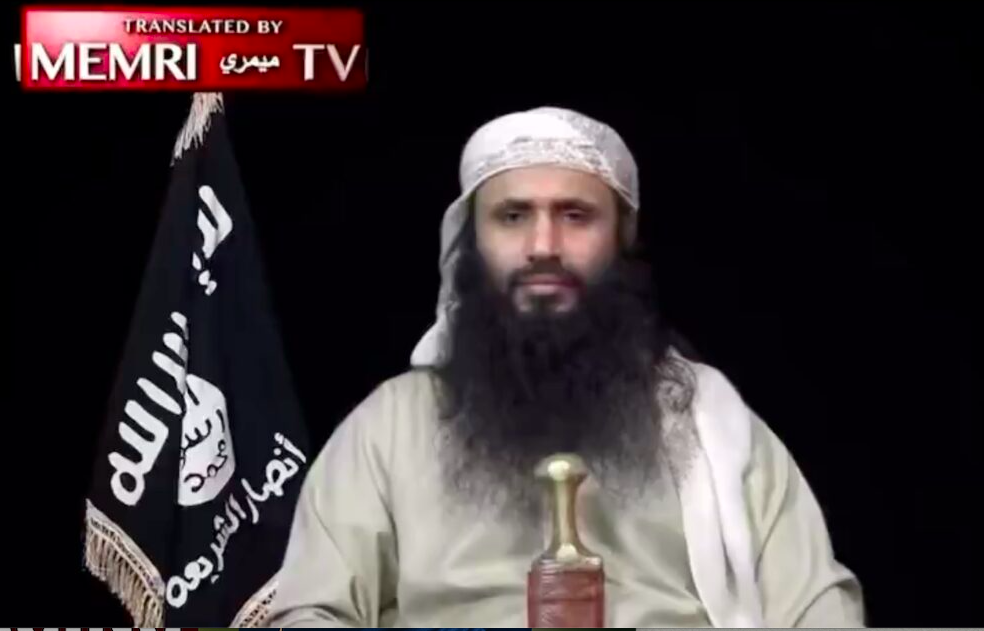RFK Jr. Appoints Prominent Vaccine Skeptics After Firing Entire Advisory Panel
In a bold and highly controversial move, Independent presidential candidate Robert F. Kennedy Jr. has dismissed his entire vaccine advisory panel and replaced them with a slate of prominent critics of the COVID-19 vaccine. The decision is a clear signal that Kennedy is doubling down on his longstanding concerns regarding vaccine safety, government transparency, and pharmaceutical influence over federal health policy.
Kennedy, who has campaigned heavily on medical freedom and bodily autonomy, announced the overhaul just days after internal disagreements reportedly stalled progress on his health policy proposals. The revamped Health Freedom Advisory Committee now includes several high-profile doctors and researchers who became national figures for questioning the mainstream COVID-19 vaccine narrative during the pandemic.
Among the newly appointed members is Dr. Peter McCullough, a cardiologist and outspoken critic of mRNA vaccines, who was de-platformed during the pandemic for raising concerns about adverse events associated with the shots. Also joining the panel is Dr. Robert Malone, a virologist credited with contributing to mRNA vaccine technology who has since expressed serious reservations about its widespread deployment.
Sources close to the Kennedy campaign told The Gateway Pundit that the firings stemmed from a growing disconnect between Kennedy’s principles and the direction some advisors were pushing the committee. “There’s no room for compromise when it comes to medical freedom,” a senior campaign aide stated. “RFK Jr. wants people who are willing to question the narrative, not uphold it.”
The Wall Street Journal reported that Kennedy personally selected each of the eight replacements for their “willingness to challenge orthodoxy” and “defend the public’s right to informed consent.” Other appointees include vaccine injury attorney Mary Holland and Del Bigtree, a medical journalist known for his work on vaccine risks and pharmaceutical accountability.
This major reshuffling comes at a time when vaccine policy is again rising to the forefront of national conversation, particularly after recent studies cast doubt on the long-term efficacy and safety of COVID-19 mRNA boosters. According to polling from Rasmussen Reports, trust in the CDC and FDA has plummeted since 2021, especially among independent and conservative voters—two blocs Kennedy has aggressively courted.
Kennedy has repeatedly stated that he is not “anti-vaccine,” but rather “pro-transparency” and “anti-censorship.” He has maintained that his intention is to expose the cozy relationship between pharmaceutical corporations and federal agencies like the FDA and CDC. “When the government mandates a product and then shields the manufacturer from liability, the public has a right to be suspicious,” Kennedy said in a recent campaign video.
His decision to appoint medical professionals who were silenced, fired, or censored during the pandemic is widely seen as a shot across the bow of the federal health establishment. While critics accuse Kennedy of promoting “misinformation,” supporters argue that he is simply restoring balance to a debate that was one-sided for far too long.
Mainstream media outlets, including CNN and The New York Times, have condemned the appointments as dangerous, warning they could reignite vaccine hesitancy. But conservative outlets and medical freedom advocates hailed the shake-up as a necessary course correction after years of authoritarian health policies under the guise of “science.”
Kennedy’s reshuffle also reflects a growing skepticism among Americans regarding public health mandates and the pharmaceutical industry. A 2024 Gallup poll revealed that only 37% of Americans trust pharmaceutical companies, down from 58% just five years ago. The erosion of trust has been accelerated by revelations of rushed approvals, data suppression, and lack of liability for vaccine injuries.
For his part, Kennedy remains unapologetic. “You don’t rebuild public trust by silencing critics. You rebuild it by letting the truth come to light,” he stated. His campaign insists that the new advisory board is not about ideological purity but about confronting decades of corruption and mismanagement in public health.
This realignment could reshape the national conversation on vaccines and health freedom, especially as the 2024 election season ramps up. While Kennedy faces uphill battles in the polls, his base continues to grow among disaffected voters seeking an alternative to establishment candidates in both parties.
Supporters argue that Kennedy’s decision reflects not only moral courage but political foresight. “Americans are tired of being lied to,” said vaccine researcher Dr. Jessica Rose, who was not appointed to the committee but has collaborated with several of its new members. “Kennedy is the only candidate willing to hold the system accountable.”
Whether this gamble pays off at the ballot box remains to be seen. But one thing is clear—Robert F. Kennedy Jr. is not backing down from the fight for medical freedom, and his latest appointments make that message louder than ever.

